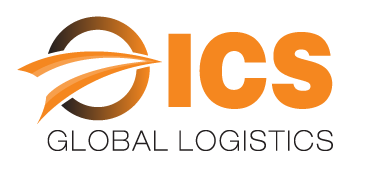Australia’s resiliency over the last 12 months and the outperformance of its anticipated outlook has laid the groundwork for more sustainable economic development in the future. Melbourne is a modern Federation Square Development. The best import and export specialists in Melbourne will support various steps to mitigate the growing impacts of rising living costs were front and center in the Budget. These initiatives include a temporary reduction in the gasoline excise, one-time payments and tax offsets to welfare recipients and low- and middle-income earners, and steps to help first-time home purchasers.

The following is a high-level summary of the budget announcements for 2022-23:
Cost of living relief:
The government is creating a new temporary, targeted, and prudent cost-of-living package to relieve household budget pressures.
- One-time $420 Cost of Living Tax Credit — Beginning July 1, more than 10 million people will receive a former $420 living tax credit. As a result, eligible low- and middle-income earners will benefit by up to $1,500 for single-income households and $3,000 for dual-income families.
- Payment for Living Expenses – In April 2022, the government will make a one-off, income-tax-free payment of $250 to 6 million eligible pensioners, welfare recipients, veterans, and concession cardholders to assist those most in need of living expenses.
- Fuel excise relief over six months — the government will lower fuel excise by 50%. Excise on gasoline and diesel will be reduced from 44.2 cents per liter to 22.1 cents per liter. As petrol stations refill their stockpiles, the excise decrease will lower gasoline prices over the next two weeks.
Essential services:
According to reports, a healthy economy allows the Federal Government to ensure basic freight special services in Melbourne. The government claims to have delivered record levels of financing for health, elder care, education, and disability support since taking office.
- The government has set aside $6 billion for the Covid-19 health response, which includes funding for the government’s Winter Response Plan, which will help prepare for the next wave of Covid-19 and influenza.
- $3.0 billion over five years for lower-cost drugs to help Australia become healthier.
- $1.3 billion to help implement the second National Plan to End Violence against Women and Children from 2022 to 2032.
- Supporting veterans and their families will cost $165.0 million in wellness programmes and $104.2 million in health care.
Summing it up:
They can better defend their supply chains against issues like Covid-related outages and natural catastrophes by improving transportation connections. In difficult times, this gives businesses and customers the confidence and certainties they require and now budged have been increases in the transport industry.

